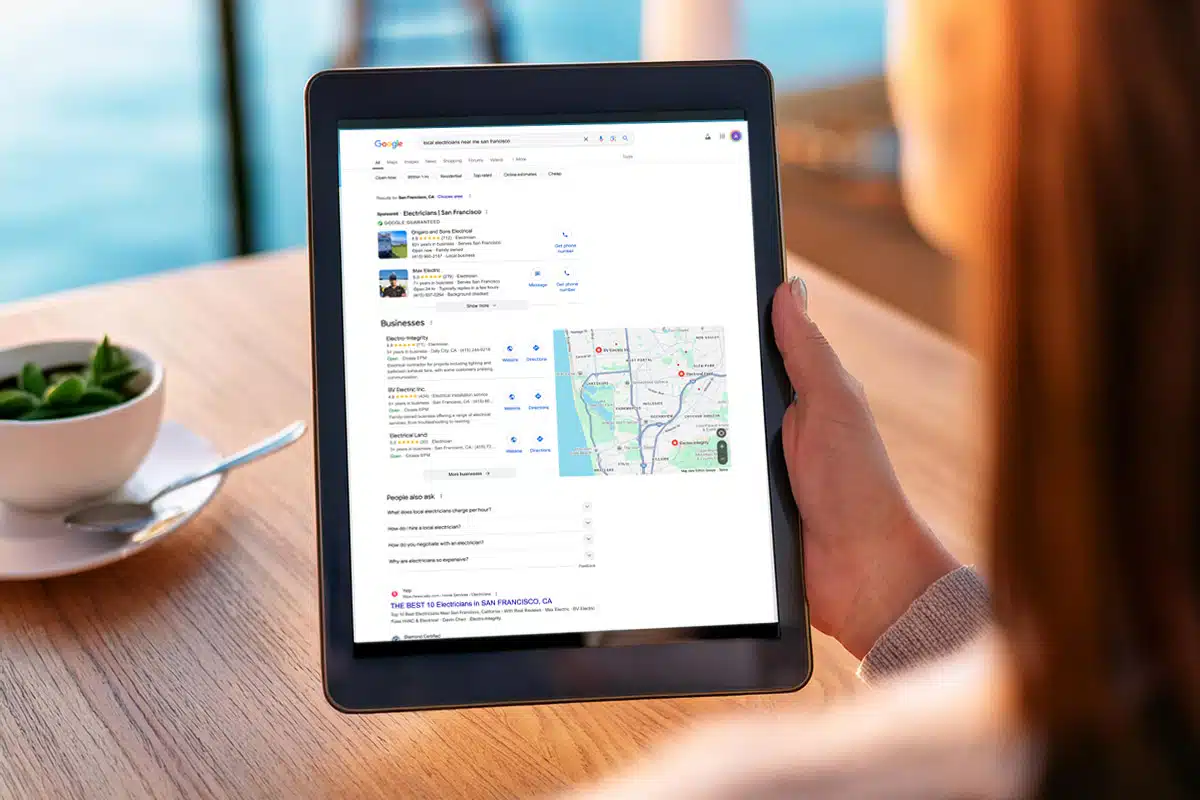The search landscape is evolving rapidly, with AI-powered tools like ChatGPT, Bing Chat, and others gaining ground against Google’s longstanding dominance. Historically, Google has been the go-to for information retrieval, but the emergence of generative AI is changing user expectations. These AI tools offer direct, conversational responses, often bypassing the need for traditional search result pages. Users can ask complex questions and receive nuanced answers, tailored to their specific context, all within a single interface.
Microsoft’s integration of ChatGPT into Bing, alongside its copilot features, has made significant inroads, particularly in desktop and enterprise environments. Meanwhile, other AI-driven platforms, such as You.com and Perplexity AI, are carving out niches by offering unique user experiences, including visual search and deeper privacy controls.
Industry analysts predict that these trends will continue in the immediate future. As more users turn to AI for more efficient and personalized search experiences, Google’s market share may erode further unless it accelerates its own AI capabilities, as seen with the rollout of Bard and its integration into Google Search. However, challenges remain for AI search tools, including accuracy, bias, and monetization models, which could slow their adoption among more cautious users.
Experts suggest that the search market is heading toward a hybrid model. Google, ChatGPT, and others will coexist, offering complementary tools depending on user needs. Businesses will need to rethink their SEO strategies, optimizing for both traditional search engines and AI-driven platforms. The immediate future is expected to bring even more integration of AI into daily workflows, with search evolving from static lists of links to dynamic, interactive experiences.
The race is on, and the next few years will likely redefine how we find and interact with information online.
The Future of Local SEO in an AI-Driven Internet
As AI-powered search tools like ChatGPT, Bing Chat, and Google’s Bard continue to gain traction, the landscape of local SEO is poised for significant change. Traditionally, local SEO has revolved around optimizing for Google’s local pack, maps, and organic search results. However, with the rise of AI-driven search, the way small businesses compete for visibility will need to evolve.
AI tools excel at delivering highly personalized and context-aware responses. When users search for local businesses, they might no longer see a list of links or maps but instead receive a direct recommendation based on aggregated data like reviews, proximity, and user preferences. This means small businesses must focus even more on building a robust online presence across multiple platforms to ensure they are included in these AI-driven responses.
Navigating Google’s November 2024 Core Update: Winners, Losers, and Key Takeaways

In November 2024, Google initiated its latest core algorithm update, marking the third significant adjustment of the year. This update, which began rolling out on November 11th, is expected to take approximately two weeks to fully implement. As with previous core updates, its primary objective is to enhance the quality of search results by refining how content is evaluated and ranked.
Understanding Core Updates
Google’s core updates are substantial changes to its search algorithms and systems, occurring multiple times annually. Unlike targeted updates that focus on specific issues, core updates broadly impact search results across all regions and languages. They are designed to improve the overall search experience by reassessing how content is evaluated and ranked, ensuring that users receive the most relevant and high-quality information.
A Look Back at the Stunning September 2023 Update
 The September 2023 Google core update had a notable impact on several types of websites, with the hardest hit being those that rely heavily on thin content, aggressive affiliate marketing, or outdated SEO tactics. Sites in niches like e-commerce, affiliate blogs, and low-authority news platforms experienced significant ranking drops, particularly if their content lacked depth or failed to provide unique value to users.
The September 2023 Google core update had a notable impact on several types of websites, with the hardest hit being those that rely heavily on thin content, aggressive affiliate marketing, or outdated SEO tactics. Sites in niches like e-commerce, affiliate blogs, and low-authority news platforms experienced significant ranking drops, particularly if their content lacked depth or failed to provide unique value to users.
Additionally, websites with poorly structured technical SEO, such as slow page speeds or mobile usability issues, saw diminished visibility. This update reinforced Google’s commitment to promoting high-quality, authoritative, and user-focused content, rewarding sites that prioritize comprehensive and well-researched material while penalizing those attempting to game the system with low-effort or overly optimized content.
What is Intent of This Current Update?
The November 2024 Google core update introduced several impactful changes aimed at improving search result quality and user experience. Here are the three most significant updates:
- Increased Focus on Authoritative Content: Google has enhanced its ability to identify and prioritize authoritative content, particularly in sensitive areas like health, finance, and news. Websites with clear expertise, author credentials, and robust E-A-T (Expertise, Authoritativeness, and Trustworthiness) signals will see a boost in rankings.
- Greater Emphasis on User Experience Signals: This update further prioritized user experience metrics such as page load speed, mobile-friendliness, and intuitive site navigation. Sites with sluggish performance or poor mobile usability saw a decline in visibility.
- Improved Handling of Multi-Intent Queries: Google’s algorithms are now better at interpreting and ranking content for queries with multiple user intents. This change ensures that search results provide a diverse range of relevant answers, catering to varied user needs within a single query.
Don’t Go To Sleep on Google
While ChatGPT and other AI-driven tools are rapidly advancing and offering new ways for users to access information, Google remains the dominant force in the search industry. As the “800-pound gorilla,” Google still commands over 85% of the global search market, with unparalleled reach and influence. Its ecosystem—including Search, Maps, and business profiles—serves as the backbone of digital discovery for billions of users daily. Despite the rise of AI chatbots and alternative search models, Google’s vast data resources, continual algorithm enhancements, and integration with essential online services make it an irreplaceable player. Businesses and marketers who dismiss Google risk losing visibility, traffic, and competitive edge in a landscape where it still sets the standard.



